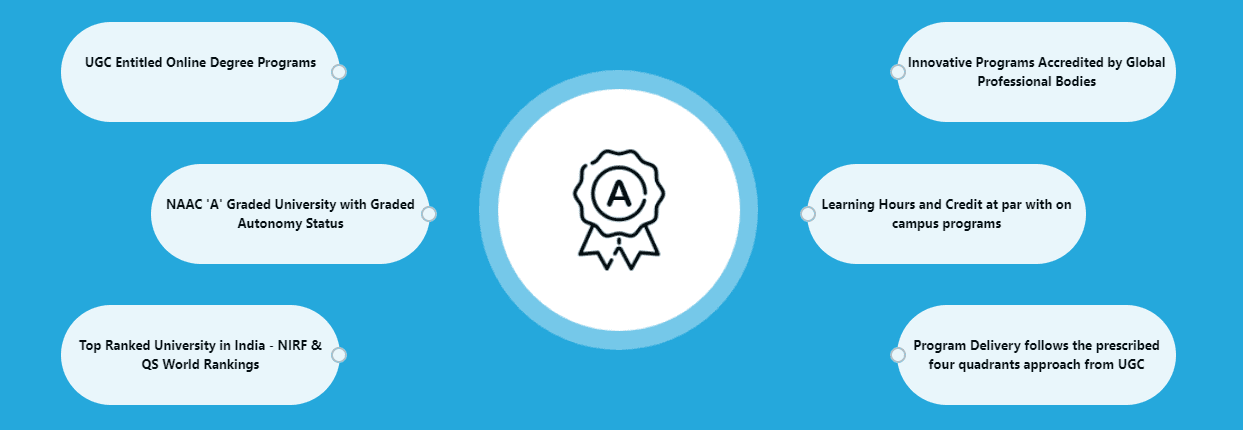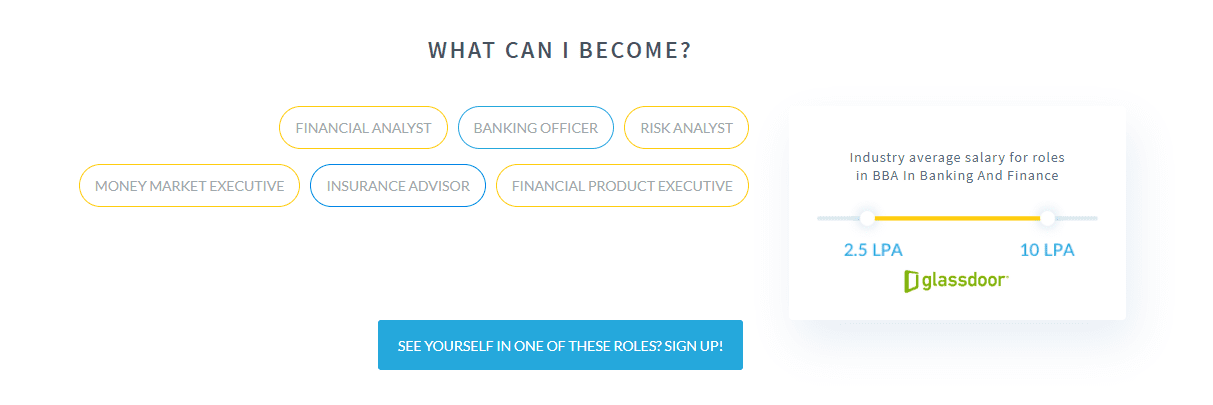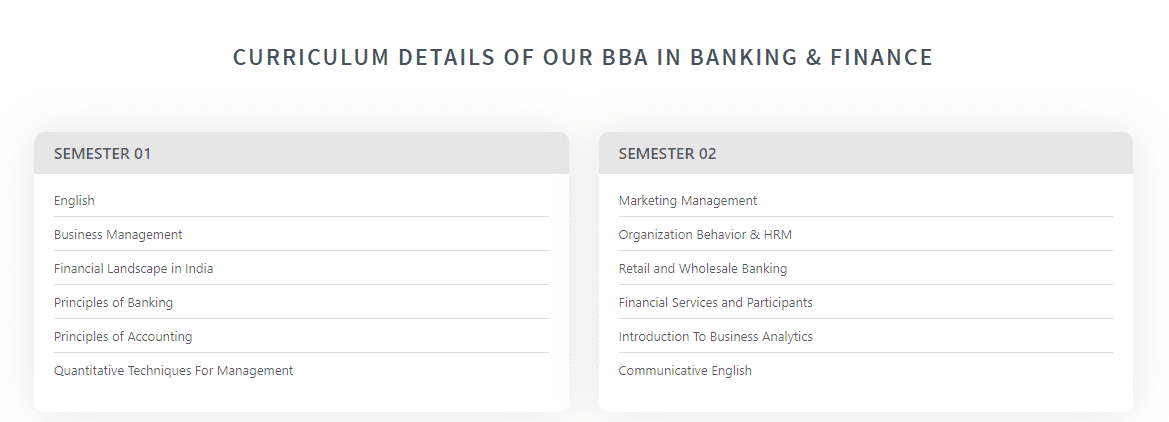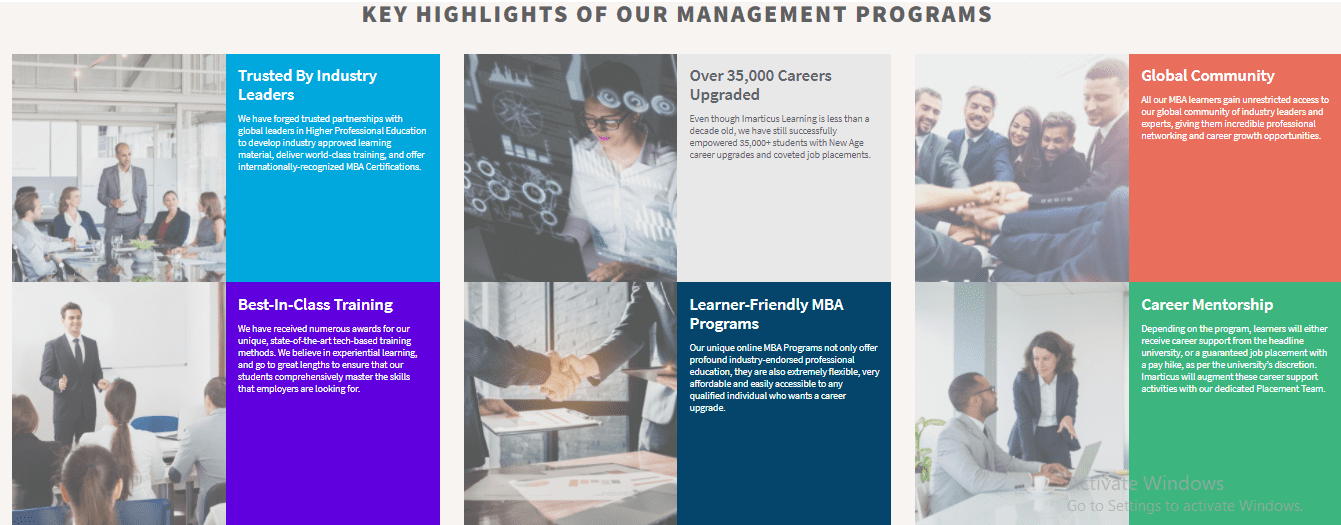In recent years, financial technology has been a growing industry in the world. As more businesses are coming up with new ways to improve payments and lending systems, many people are interested in this field.
This blog post will converse how you can use your MBA degree in Fintech to get ahead at work and what some careers may look like if you have this type of education behind you.

What is Fintech?
Fintech is financial technology, which refers to the use of new technologies in various areas of finance. Some of these include online banking, lending services, and digital currencies like Bitcoin. Financial institutions are currently using Fintech to make their products more user-friendly. For example, many fintech companies are using blockchain technology to make transaction processes faster and more secure.
What Industries will a Career in Fintech Open Up?
If you have a career in finance, then an MBA in Fintech can be beneficial for both your old job and the upcoming one. Many positions are available within the fintech industry, but they tend to concentrate on finance heavily. Some of these positions include:
1) Market Risk Analyst: Market risk analysts are responsible for researching and analyzing market data. They use this information to design models that can predict the future value of securities like stocks, bonds, and commodities.
2) Investment Analyst: These analysts work with individual investors or companies to create portfolios that meet their specific needs. They help manage these accounts as well as make transactions in the stock market.
3) Financial Analyst: These professionals work with financial institutions to provide valuable insight into their operations and performance. They also investigate credit management strategies and current market conditions that can affect these businesses.
4) Managing Director: Managing directors are responsible for overseeing all financial affairs of an institution. They work with other professionals in the finance industry to help the company grow and accomplish its goals.
The Benefits of Pursuing the best online MBA courses in Fintech
- Career Prospects: With a degree in finance, you will have endless career opportunities at your disposal. You will be able to work with new technologies and help companies evolve in the modern age.
- Flexibility: The finance industry is known for its long hours and demanding bosses. However, fintech positions allow employees more flexibility with their schedules. You can pursue your career in Fintech without having to sacrifice family time or hobbies.
- Future-Proof Your Career: New companies are creating every day in the fintech industry. By getting the best online MBA courses, you are essentially future-proofing your current job and making it more secure for the long term.
Explore and Learn with Imarticus Learning
MBA correspondence allows students to apply what they learned to real-world business challenges and circumstances. If students want to become a FinTech specialist and boost their job chances, their quest stops here, and a fantastic FinTech learning experience begins.
Some course USP:
- This MBA correspondence course is with placement assurance aid the students to learn job-relevant skills that prepare them for an exciting career in MBA.

- Impress employers & showcase skills with MBA certification endorsed by India’s most prestigious academic collaborations.
- World-Class Academic Professors to learn from through live online sessions and discussions. It will help students understand the 360-degree practical learning implementation with assignments.
Contact us through the live chat support system or schedule a visit to Mumbai, Thane, Pune, Chennai, Bengaluru, Delhi, and Gurgaon training centers.












 While making a
While making a 






 Many people are advancing towards a career after graduation with
Many people are advancing towards a career after graduation with 